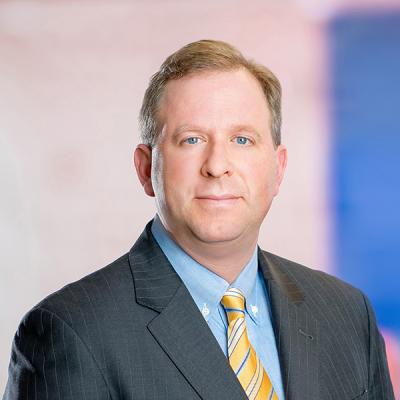A Continued Examination of Charitable Patient Assistance Programs Part Four in a Series: Staying True to the Definition of an Independent, Nonprofit Charitable PAP
In today’s challenging health care environment, Charitable Patient Assistance Programs (Charitable PAPs) have emerged to meet the needs of the nearly 30 million Americans that are underinsured and have difficulty paying out-of-pocket medical costs. As potential donors make strategic decisions to invest in Charitable PAPs, there are many elements which must be considered to ensure compliance with all applicable laws and regulations. For the previous alerts in the series, please refer here.
Charitable PAPs and other not-for-profit foundations are restricted in the activities in which they may engage. For-profit activities can take many forms, and it is important for donating organizations to carefully assess Charitable PAPs that may be engaged in for-profit activity.
- Do the Charitable PAP’s executives or board members, or the for-profit organizations with which they are involved, maintain separate consulting or other business relationships with the Charitable PAP or its donor companies? Such relationships are open to scrutiny by various regulatory agencies.
- Does the Charitable PAP engage in for-profit activities or operate under the umbrella of a for-profit entity? For-profit activities undertaken by a nonprofit can affect its charitable status. If a donating organization has strict standards or rules for donations, this is something to keep an eye on.
Further guidance on the operation of Charitable PAPs can be obtained from the Office of Inspector General and the Internal Revenue Service. If more information is needed regarding Charitable PAP compliance procedures, please do not hesitate to contact the professionals at ML Strategies.
Authors


